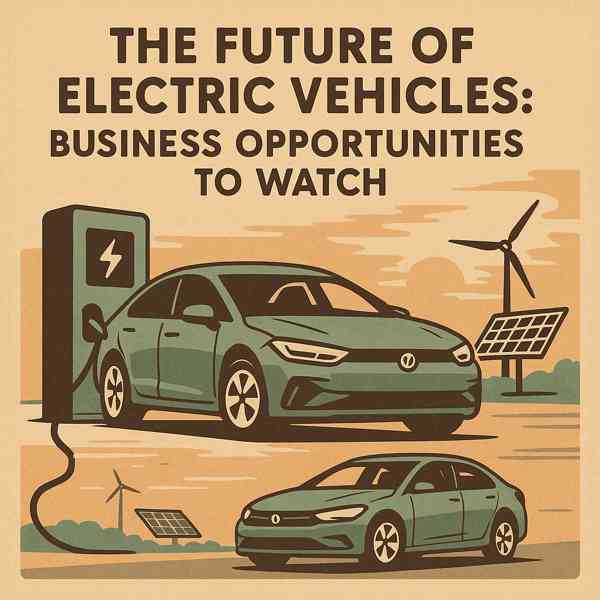What Are Electric Vehicles?
What Are Electric Vehicles?
Blog Article

With zero emissions and cutting-edge technology, EVs are quickly becoming a top alternative for personal and commercial travel.
As battery technology improves and infrastructure expands, owning an electric vehicle has never been more appealing.
What Are Electric Vehicles?
Electric vehicles are powered entirely by stored electricity, rather than traditional internal combustion engines.
Key components of EVs include:
- Electric motor
- Battery pack
- Power electronics
- Allows the vehicle to recharge from external sources
Electric vehicles come in various types, such as hybrid electric vehicles (HEVs)—each with different levels of electrification.
Advantages of Going Electric
The rise of electric vehicles is fueled by their numerous benefits.
Why EVs are gaining popularity:
- Lower operating costs
- Environmental sustainability
- Better overall driving comfort
- Financial perks for EV buyers
For eco-conscious and cost-aware drivers, electric vehicles are an increasingly forward-thinking choice.
Limitations to Consider
Despite the growing popularity of EVs, they still face some barriers that buyers should consider.
Common concerns read more include:
- Limited driving range
- Longer trips need planning
- Though often offset by long-term savings
- Batteries degrade over time
As technology advances and infrastructure improves, many of these challenges are becoming easier to manage.
Types of Electric Vehicles
Choosing the right type depends on your needs, driving habits, and budget.
EV formats explained:
- Battery Electric Vehicles (BEVs)
- Can switch between electric and fuel power
- Self-charges through regenerative braking
- Fuel Cell Electric Vehicles (FCEVs)
Each type has its pros and cons, so buyers should choose accordingly.
EV Charging and Infrastructure
There are multiple charging levels and methods depending on your location.
Types of EV charging stations:
- Slow but accessible anywhere
- Level 2 Charging
- DC Fast Charging
- Charging without cables
As public charging networks expand, EV owners will enjoy even more freedom, flexibility, and convenience.
What’s Next for EVs?
Electric vehicles are here to stay.
Where EVs are going:
- Higher energy density and faster charging
- Turning cars into energy assets
- The future of hands-free travel
- Making EVs accessible to all drivers
As innovation continues, EVs will become more efficient, affordable, and widespread.
Conclusion
With growing demand and continuous improvement, EVs are becoming a smart option for more drivers every day.
From environmental benefits to cutting-edge tech, electric vehicles offer a exciting alternative to traditional cars.
Report this page